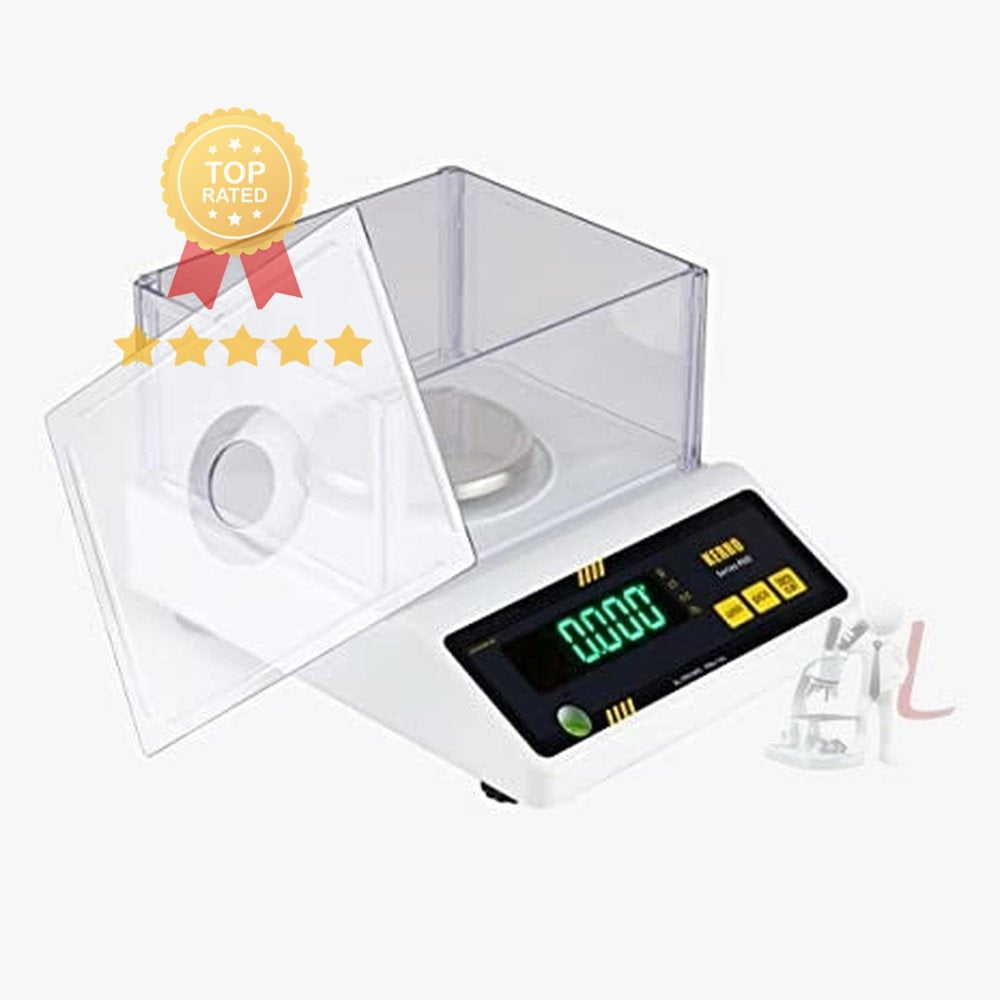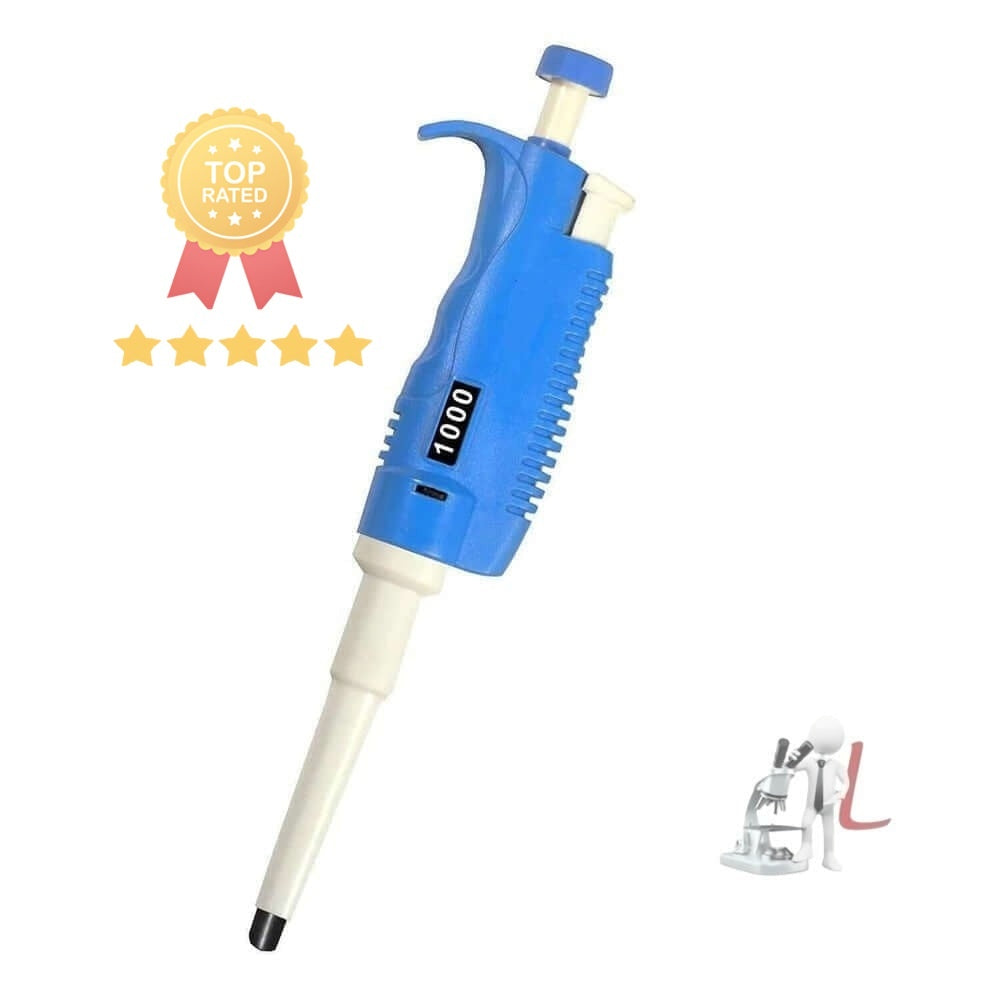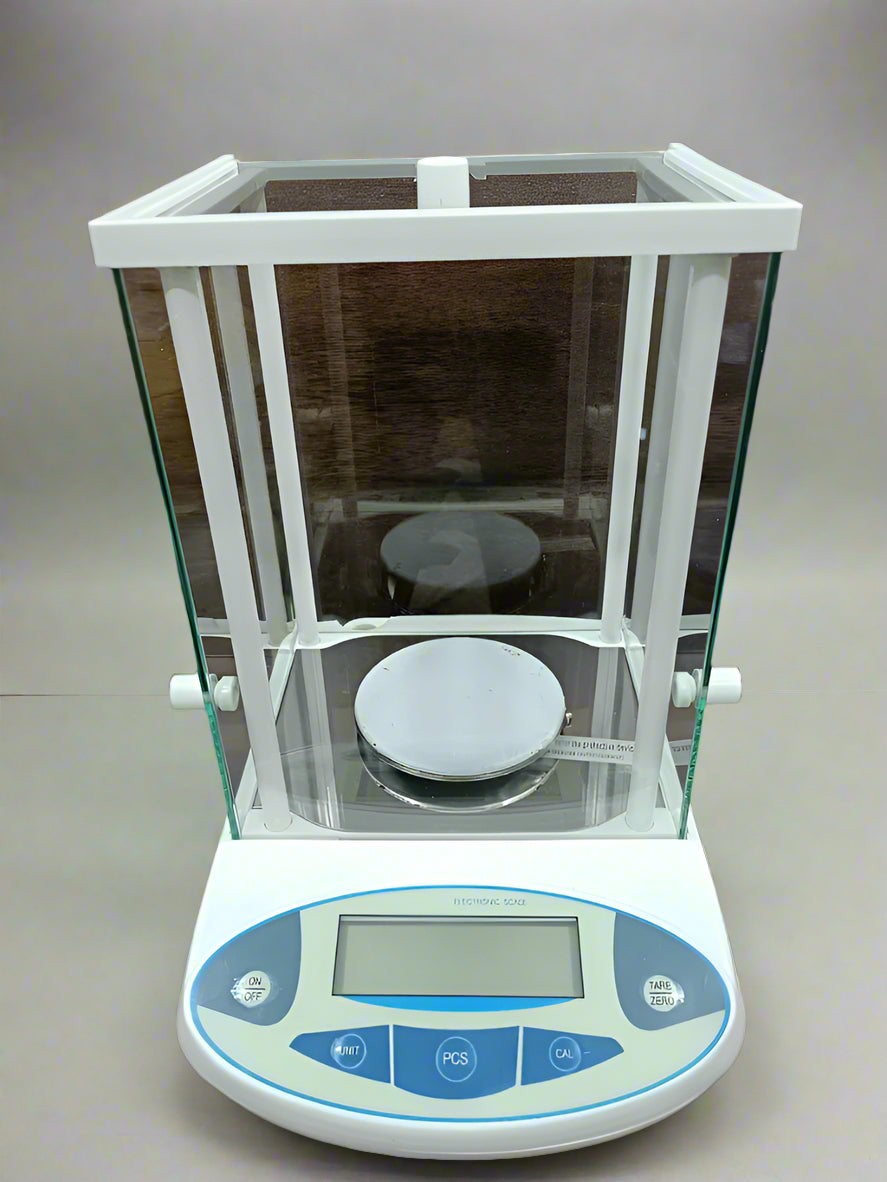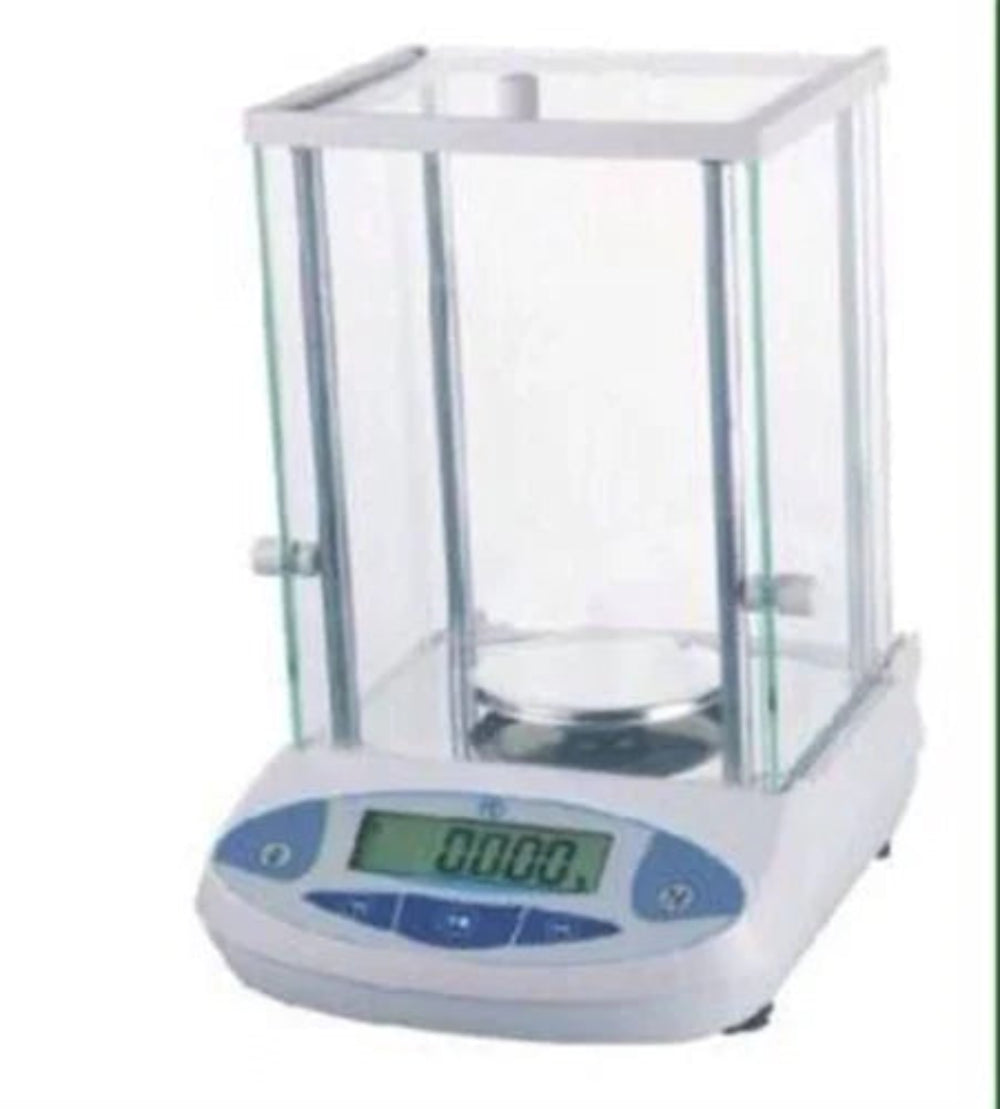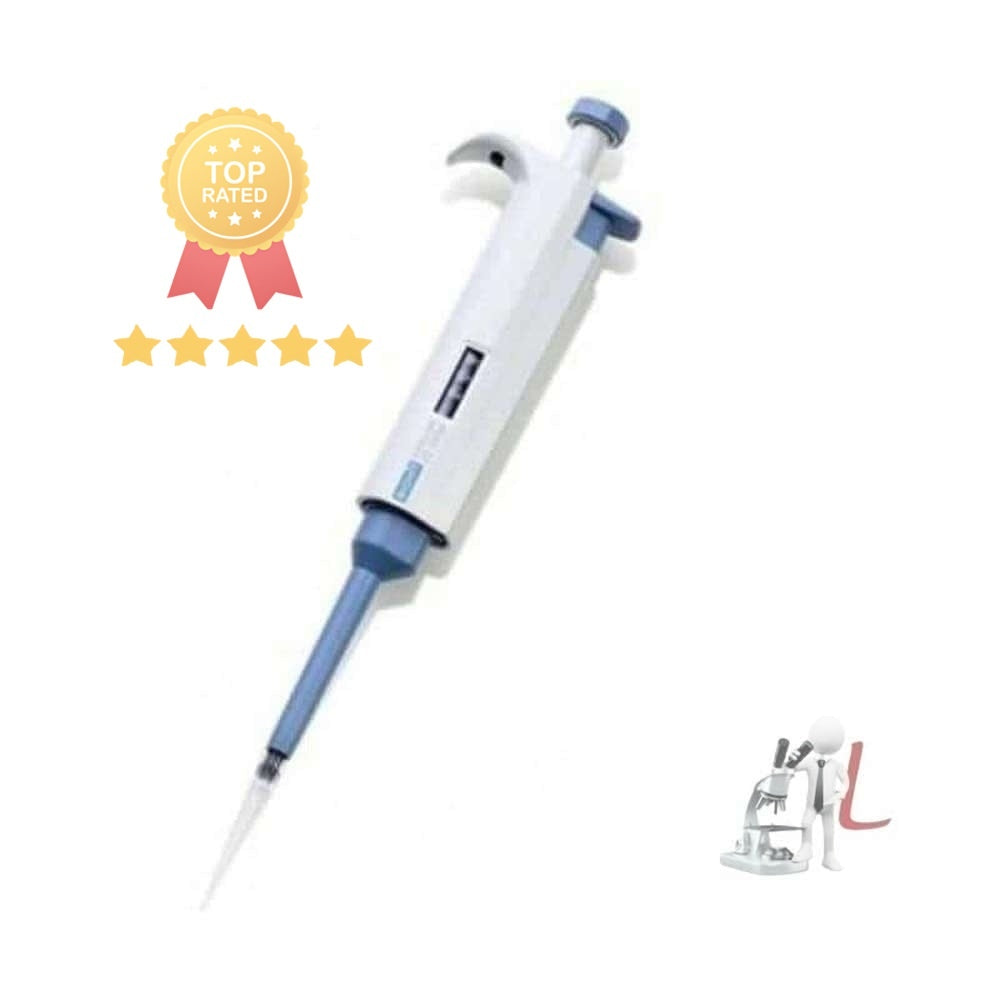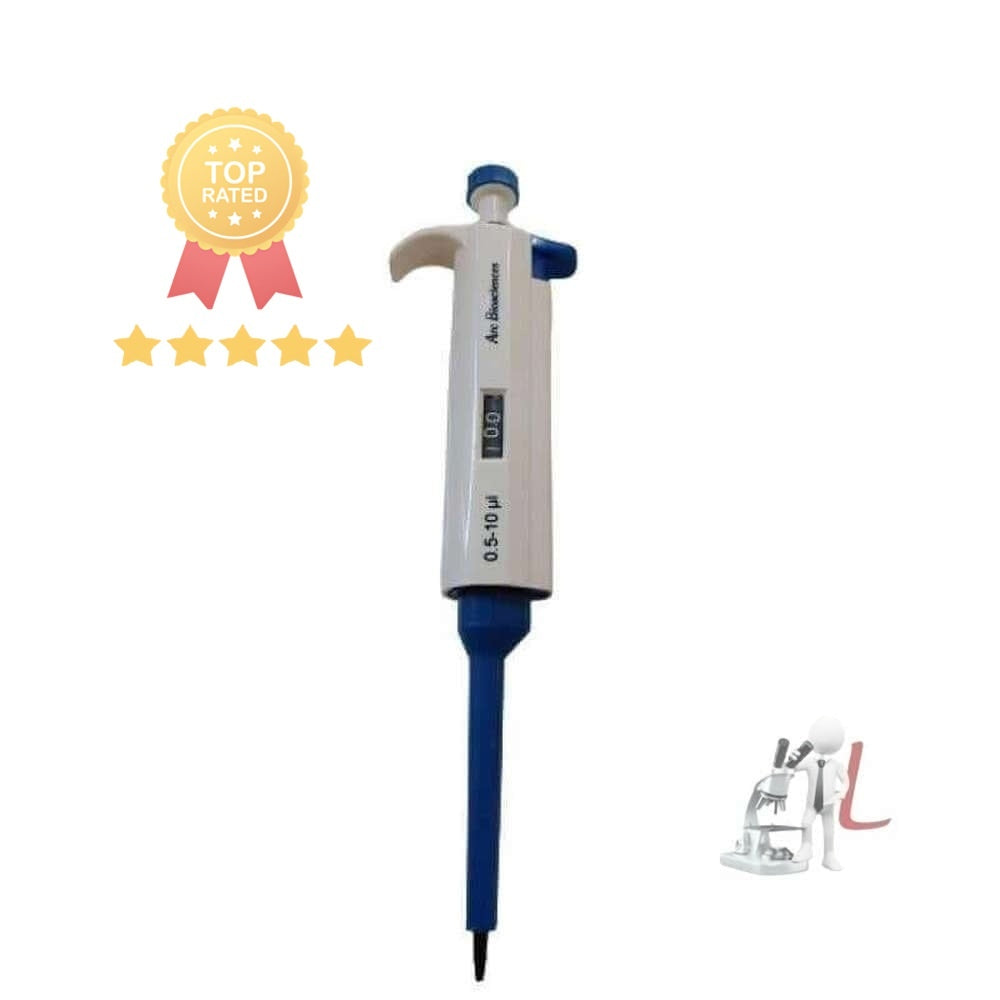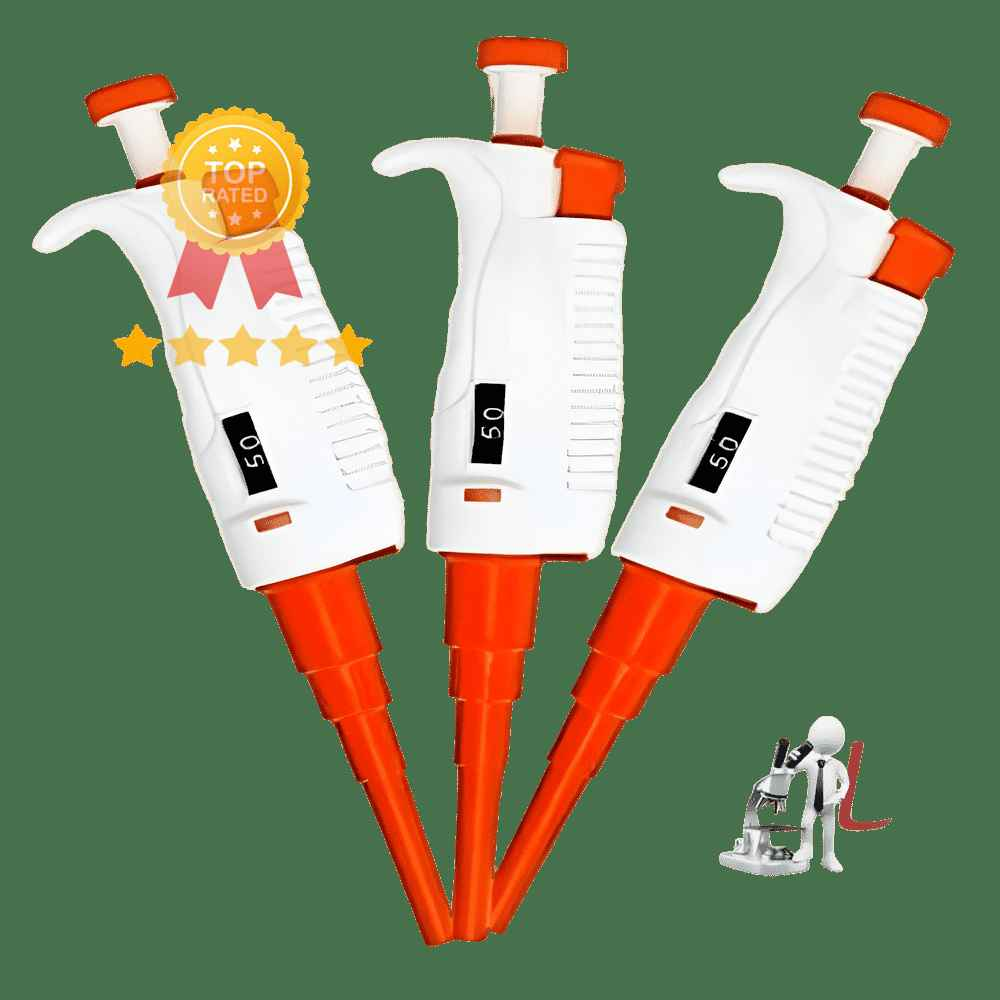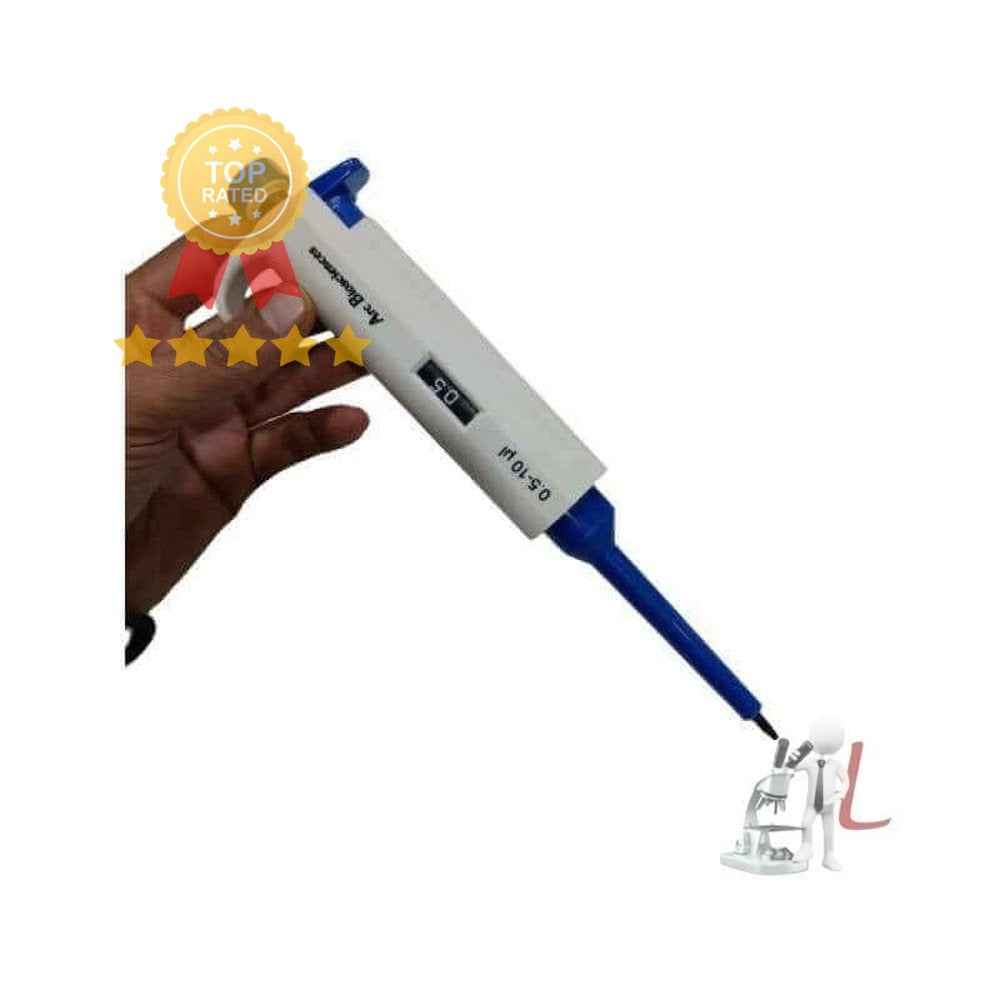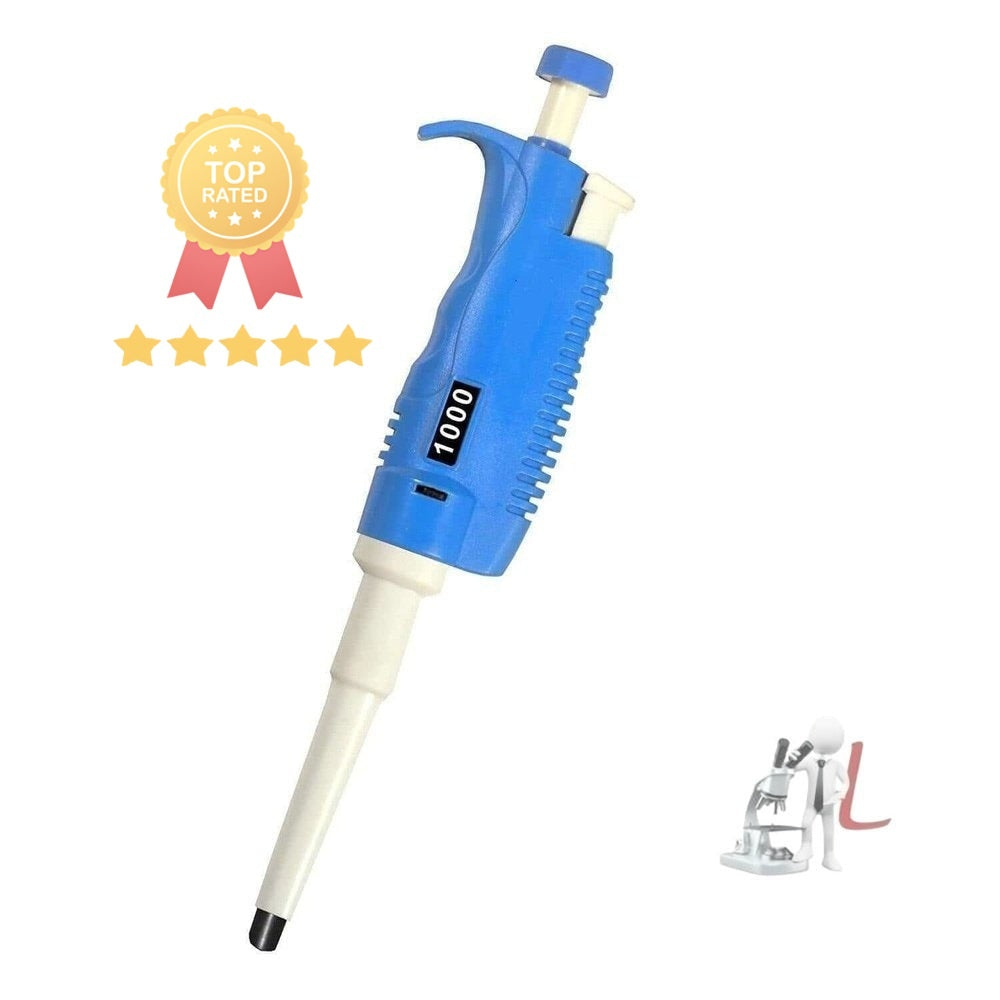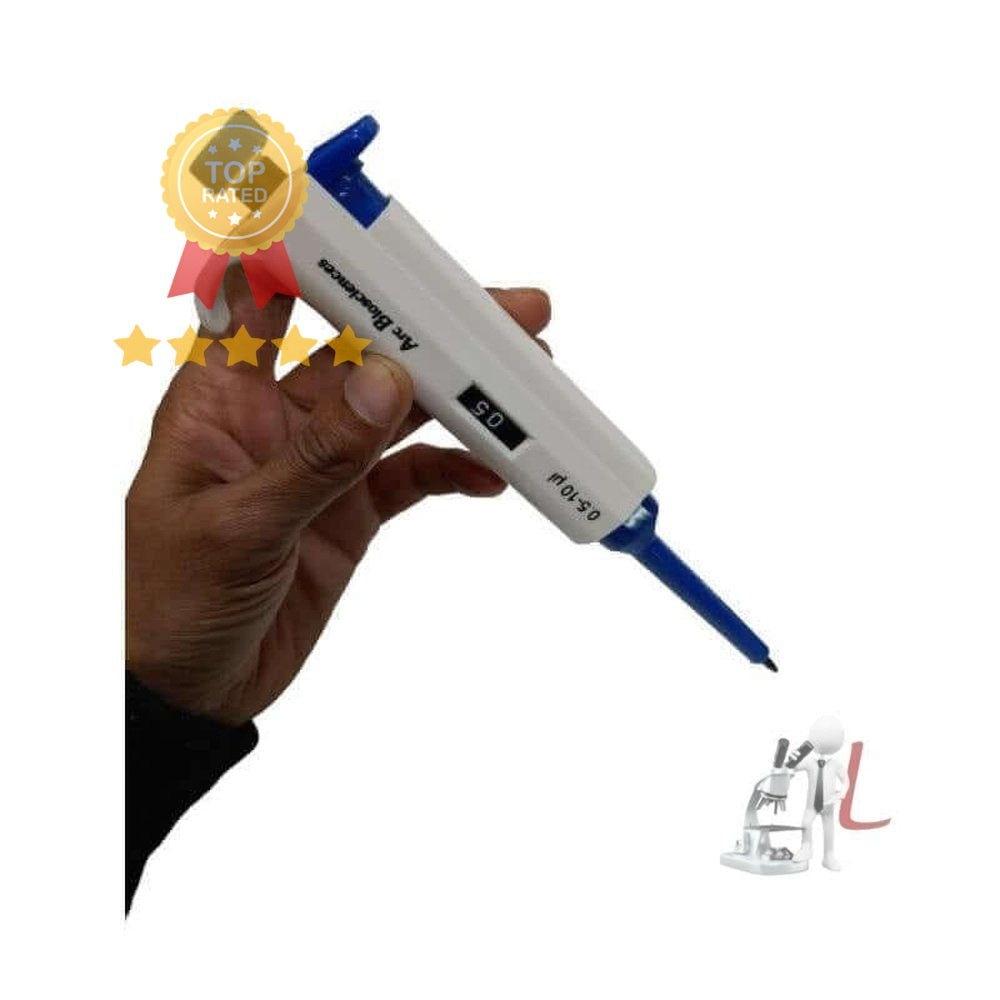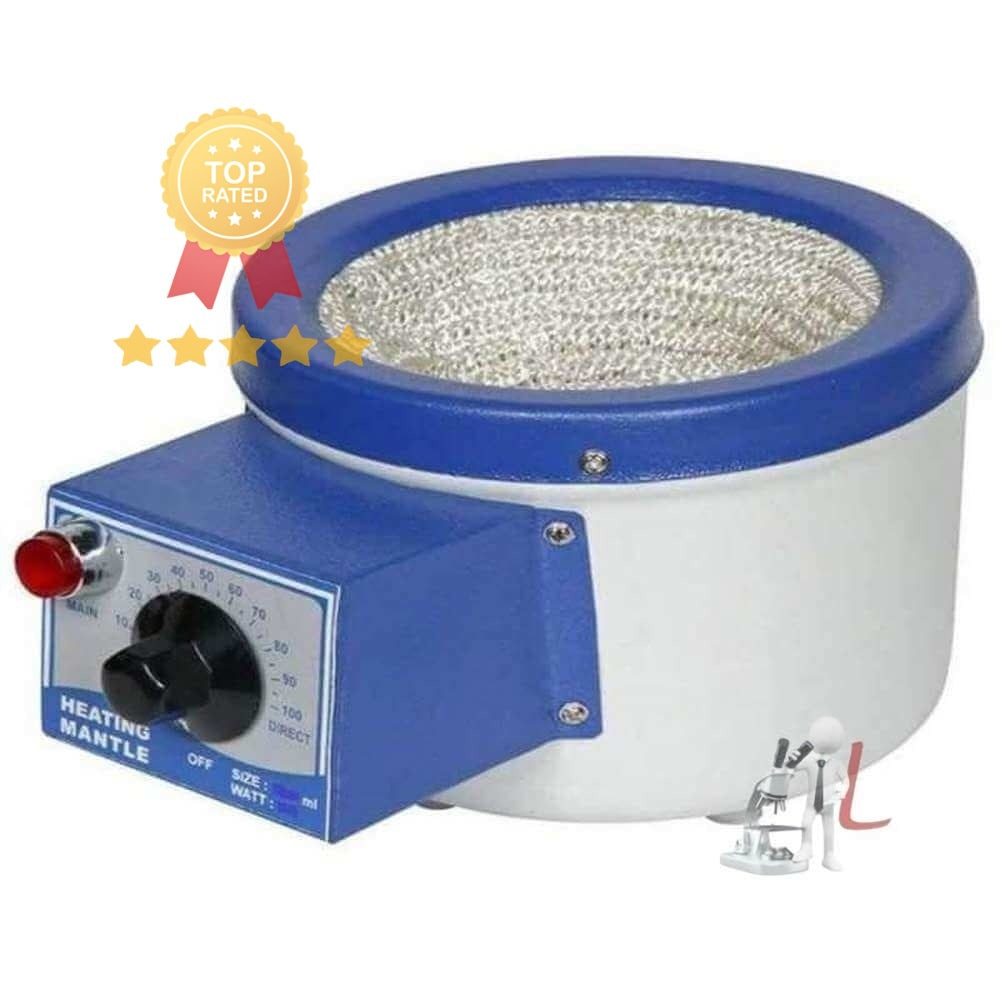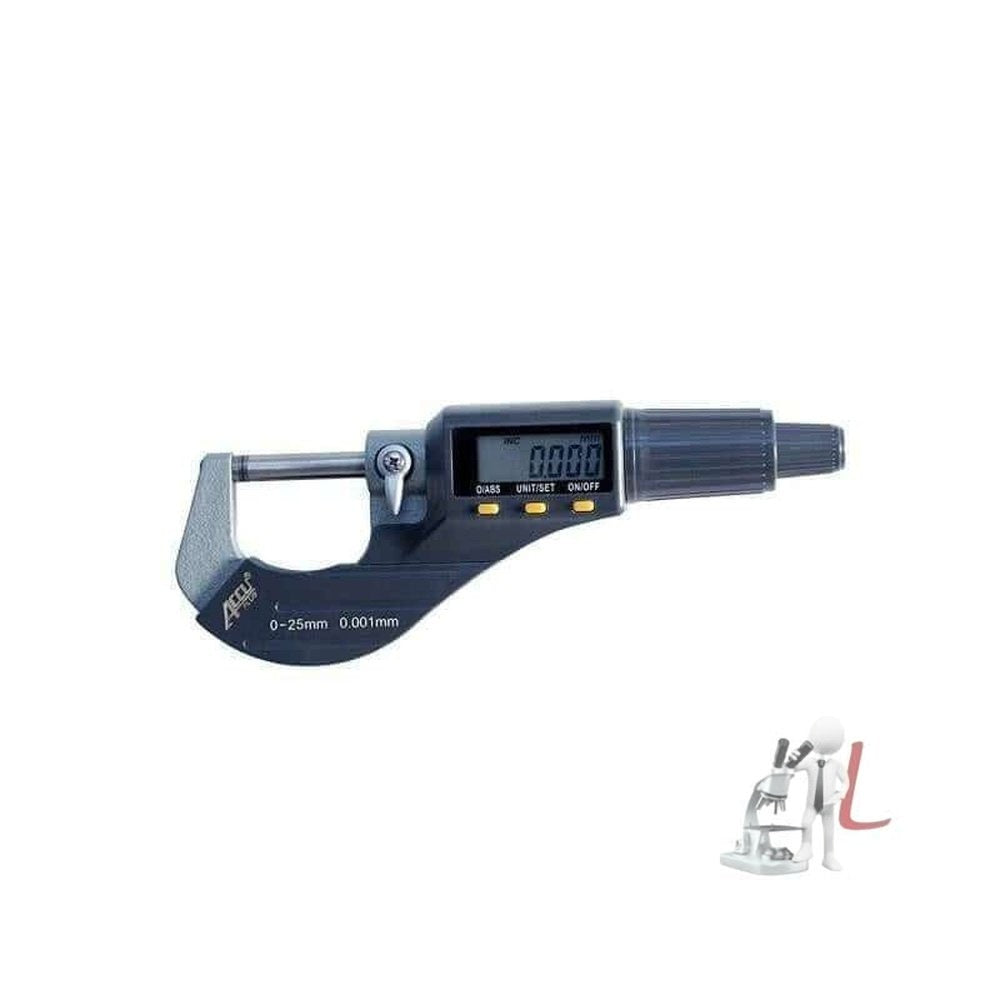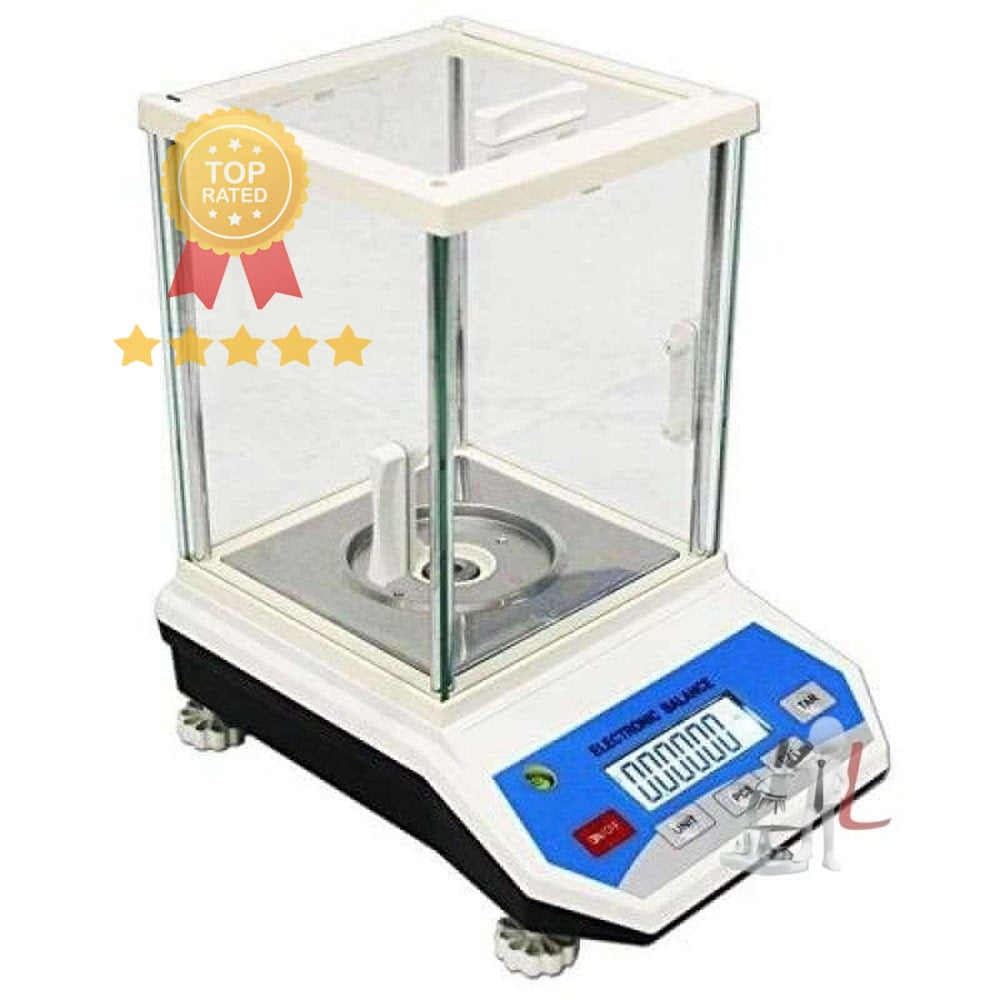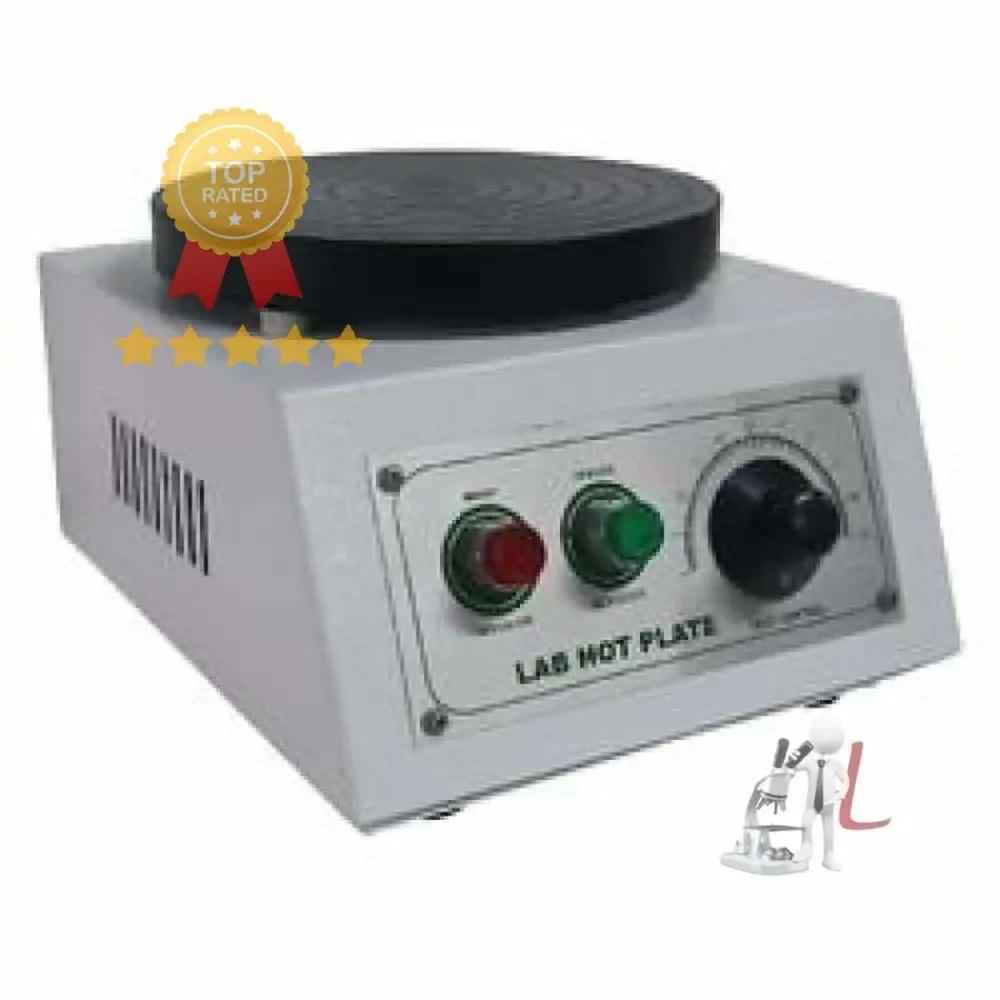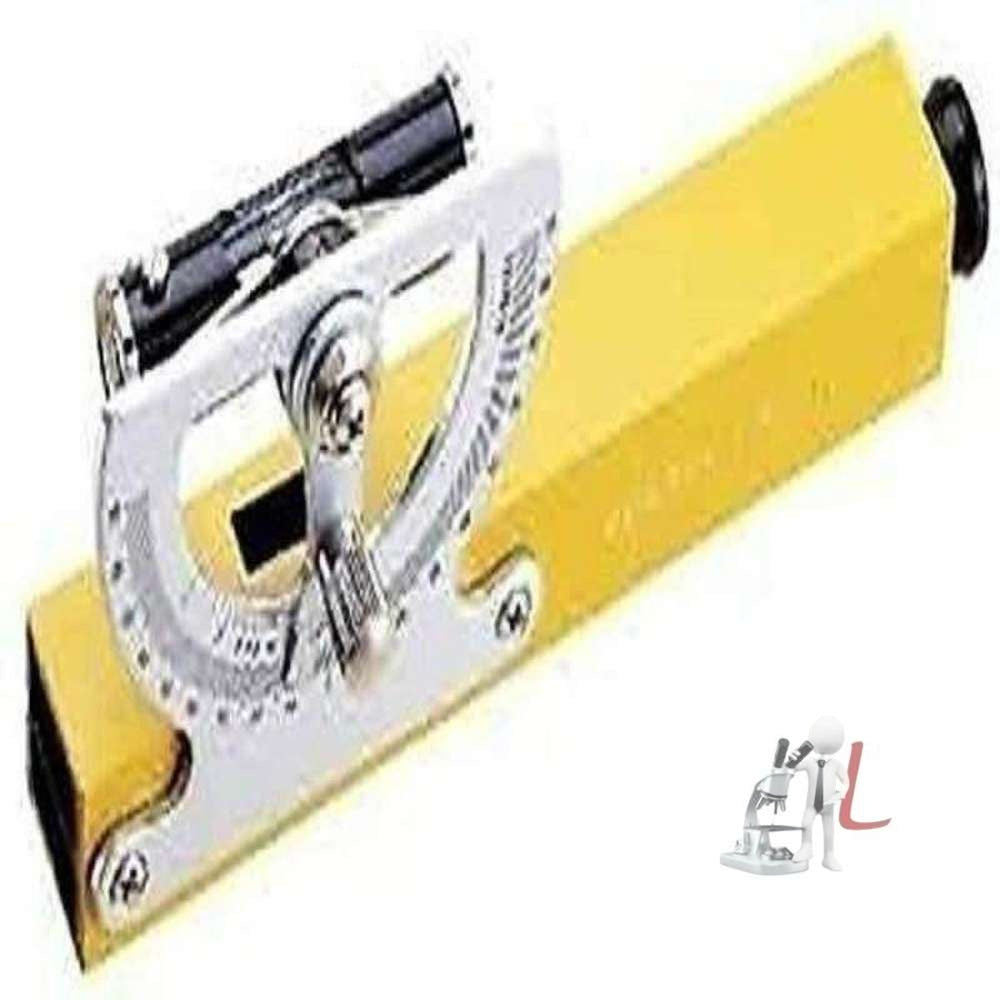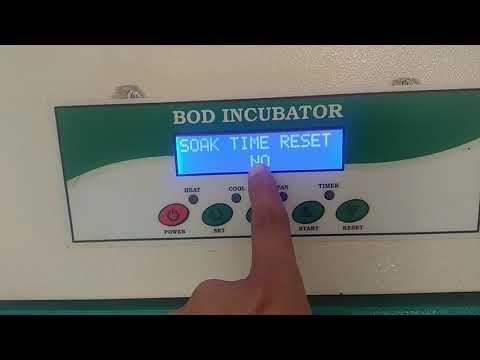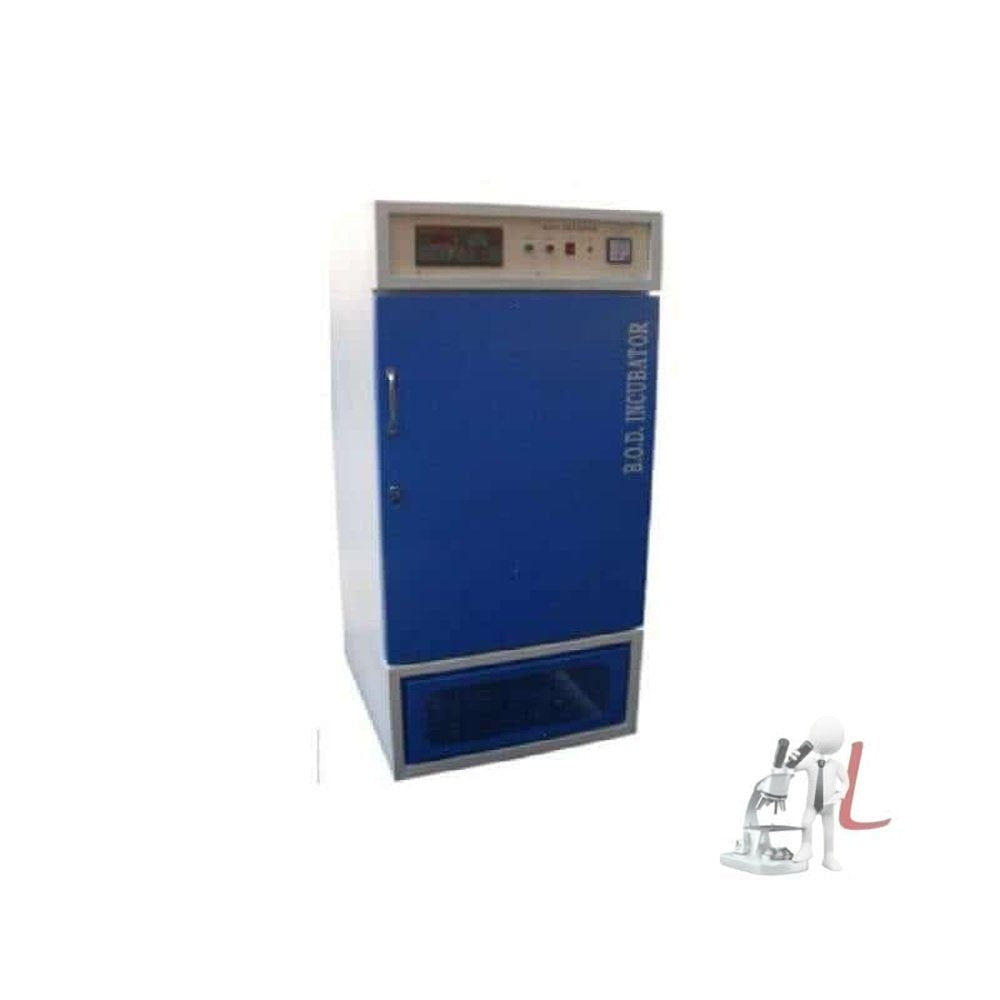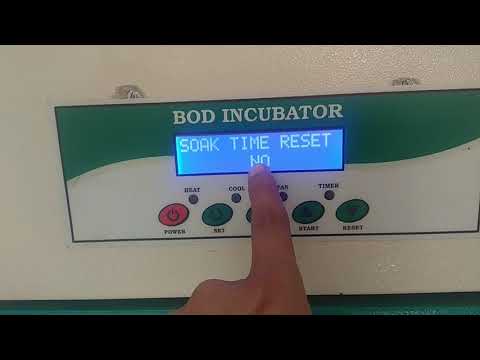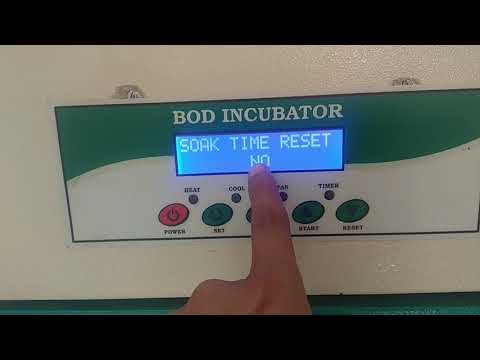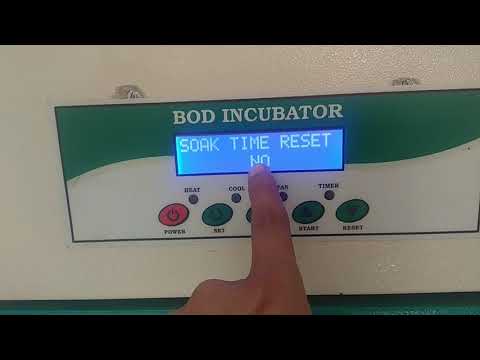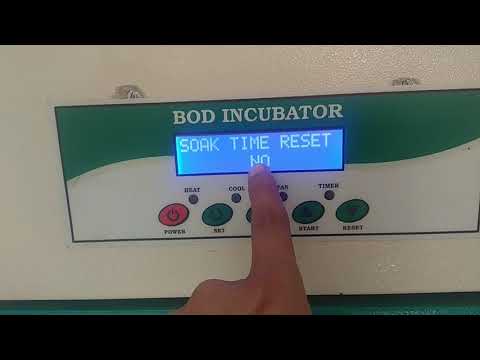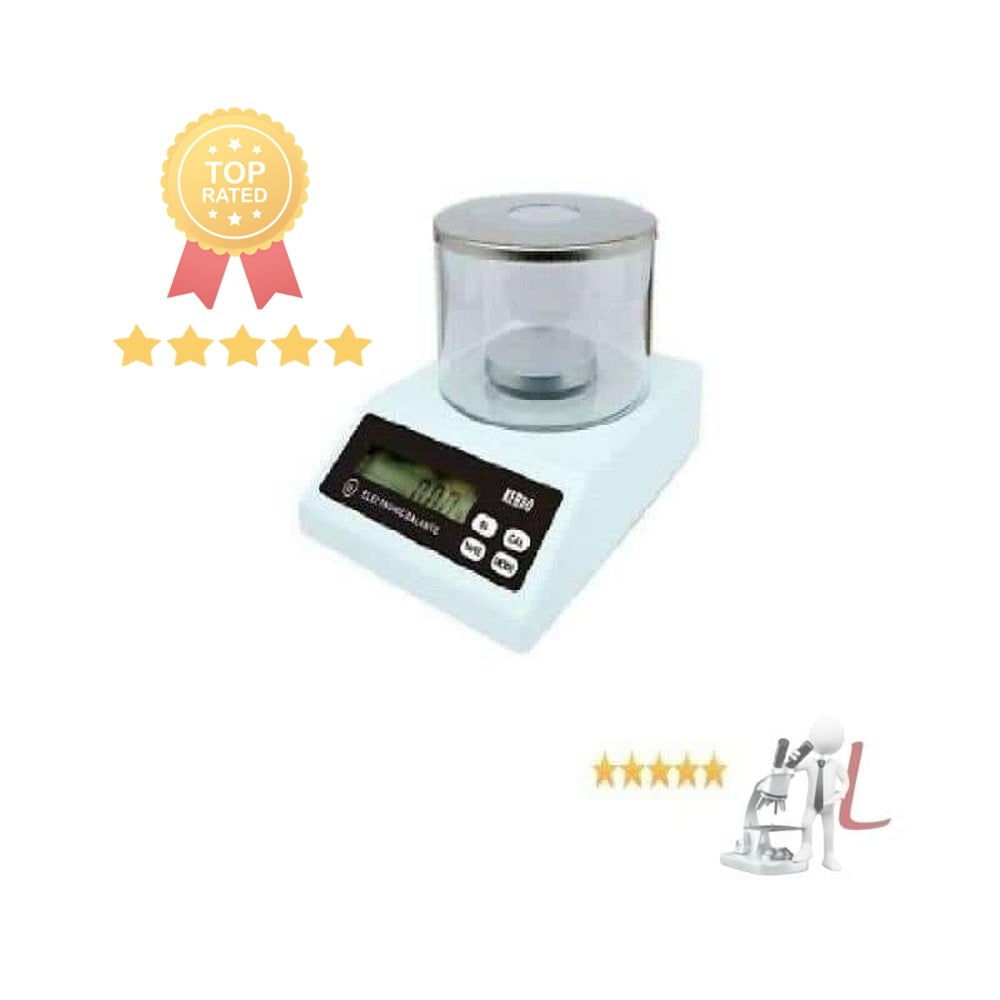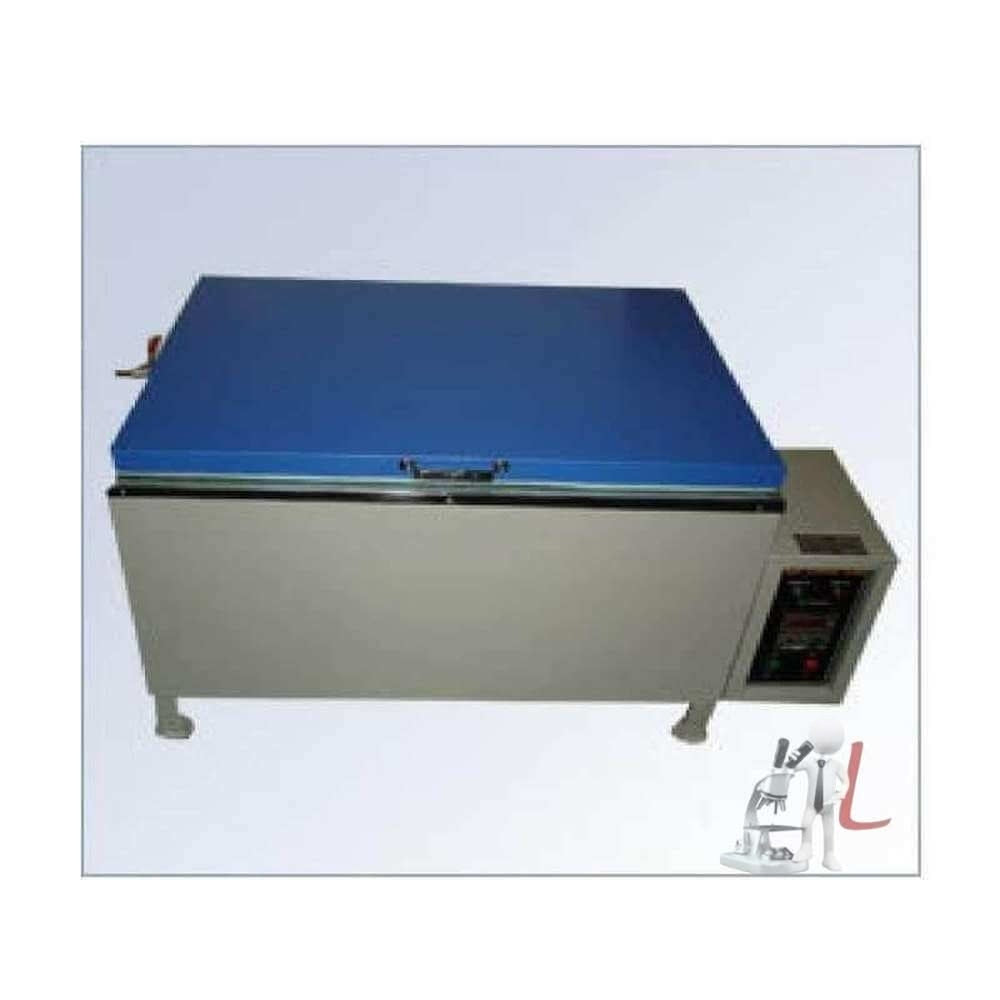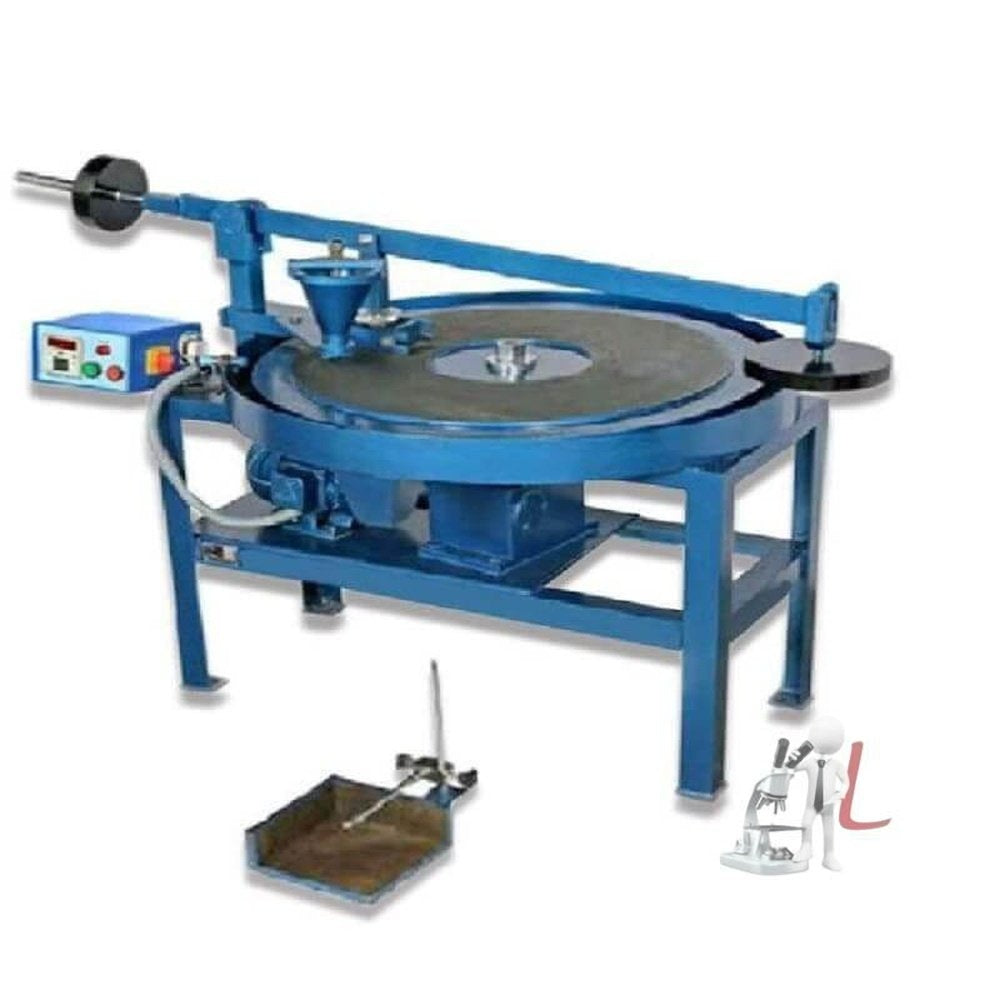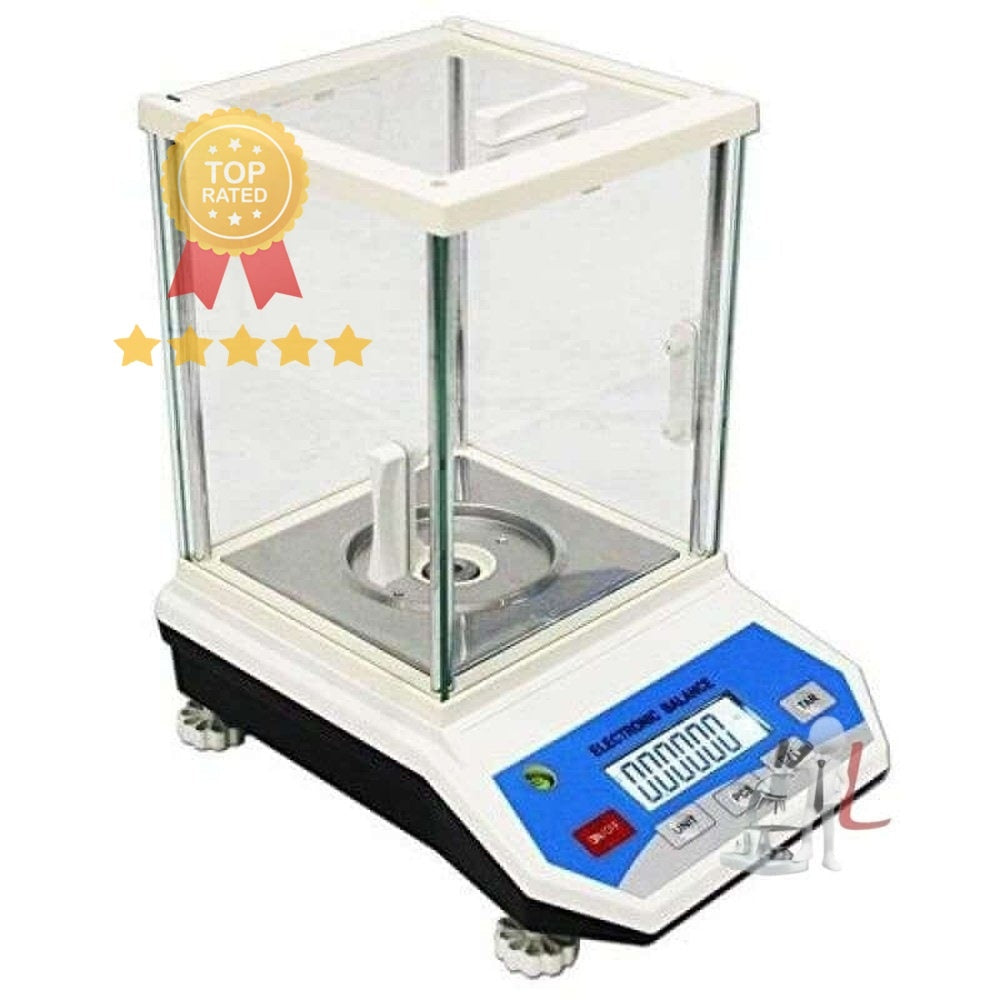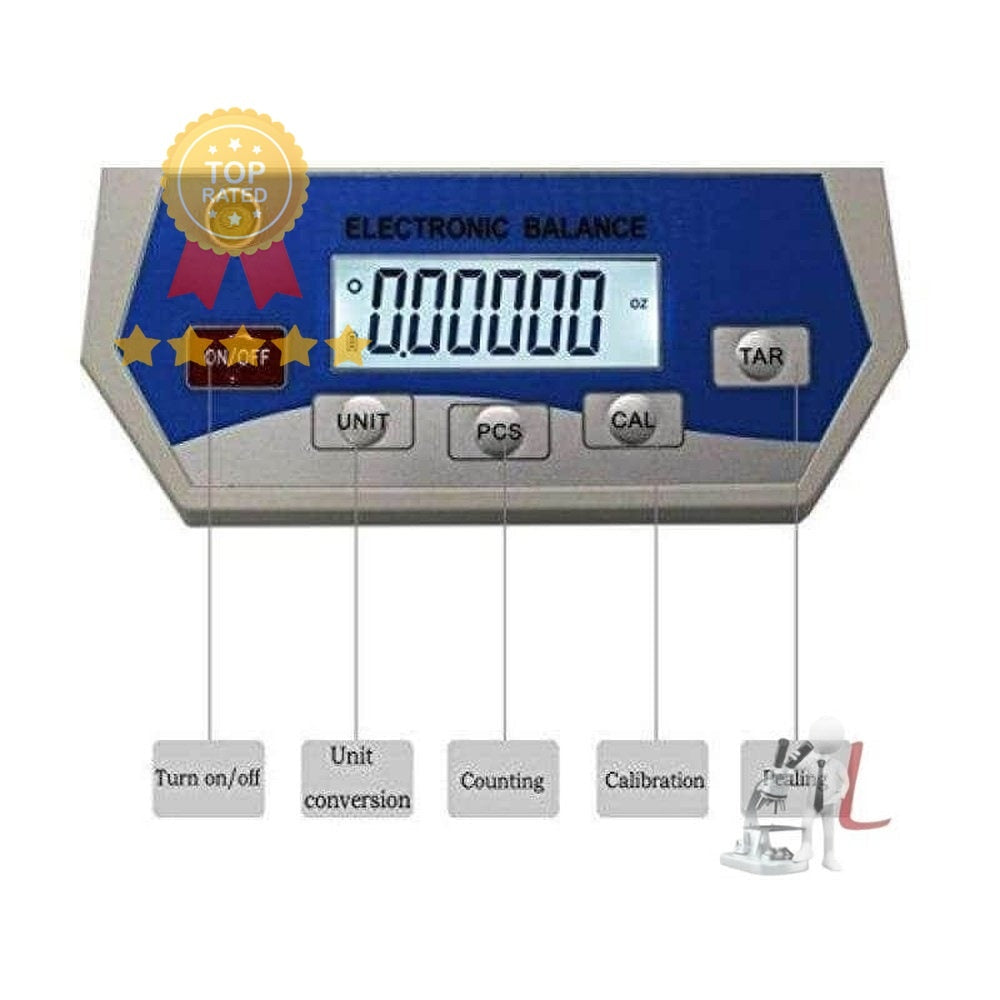Testing Equipment: The Key to Accurate Results
Testing Equipment is essential for ensuring that products and systems function correctly. In various industries, precise testing is critical to verify quality, safety, and adherence to standards. With advancements in technology, the range of testing equipment has expanded dramatically, allowing for more efficient assessments. From laboratory instruments to field testing devices, testing equipment plays a crucial role in various applications.
In the automotive sector, testing equipment is used to evaluate engine performance, emissions levels, and safety features. For instance, dynamometers measure engine output, while emissions analyzers assess the environmental impact of vehicles. These tools ensure compliance with regulations and improve overall vehicle efficiency.
In the medical field, testing equipment involves diagnostic tools that aid in patient care. For example, blood analyzers, MRI machines, and ultrasound equipment are critical for accurate diagnoses. Investing in high-quality medical testing equipment enhances patient outcomes and supports healthcare professionals in making informed decisions.
In construction and engineering, testing equipment like concrete testing machines and soil testing apparatus verifies the integrity of materials used. These instruments ensure that structures can withstand environmental stresses and meet safety standards. By utilizing reliable testing equipment, engineers can prevent potential failures and safety hazards.
The electronics industry heavily relies on testing equipment to ensure that electronic devices function correctly. Oscilloscopes, multimeters, and signal analyzers are vital tools for engineers to test circuit boards, monitor signals, and diagnose faults. Quality assurance through testing equipment is pivotal in maintaining customer satisfaction and product reliability.
Furthermore, testing equipment is integral in environmental monitoring. Devices that measure air and water quality provide essential data to ensure ecological sustainability. Environmental agencies utilize testing equipment to track pollutants and assess compliance with environmental regulations, highlighting its importance in protecting public health and the environment.
In the field of education, educational institutions use testing equipment in laboratories to foster hands-on learning experiences. Equipment such as microscopes, spectrometers, and calorimeters enable students to conduct experiments and understand scientific principles actively. Proper educational testing equipment is vital for preparing students for future careers in science and technology.
Regular maintenance and calibration of testing equipment are crucial to ensure accuracy and reliability. Calibration involves comparing the performance of testing instruments against known standards. By following strict calibration protocols, companies can ensure that their testing equipment operates within defined parameters, reducing the risk of inaccurate results.
Investing in high-quality testing equipment can yield long-term benefits for businesses. High-precision tools improve product quality, enhance safety, reduce waste, and ultimately lead to higher customer satisfaction. Although the initial investment may be substantial, the payoff in terms of efficiency and reputation is invaluable.
In summary, testing equipment is a pivotal component across diverse sectors, each with its unique requirements for precision and reliability. Organizations emphasizing the importance of testing equipment are better positioned to achieve their goals, maintain compliance, and deliver products and services that meet or exceed expectations. It is essential to continually invest in and upgrade testing equipment to adapt to evolving industry standards and technological advancements.
Filter
Sort by

